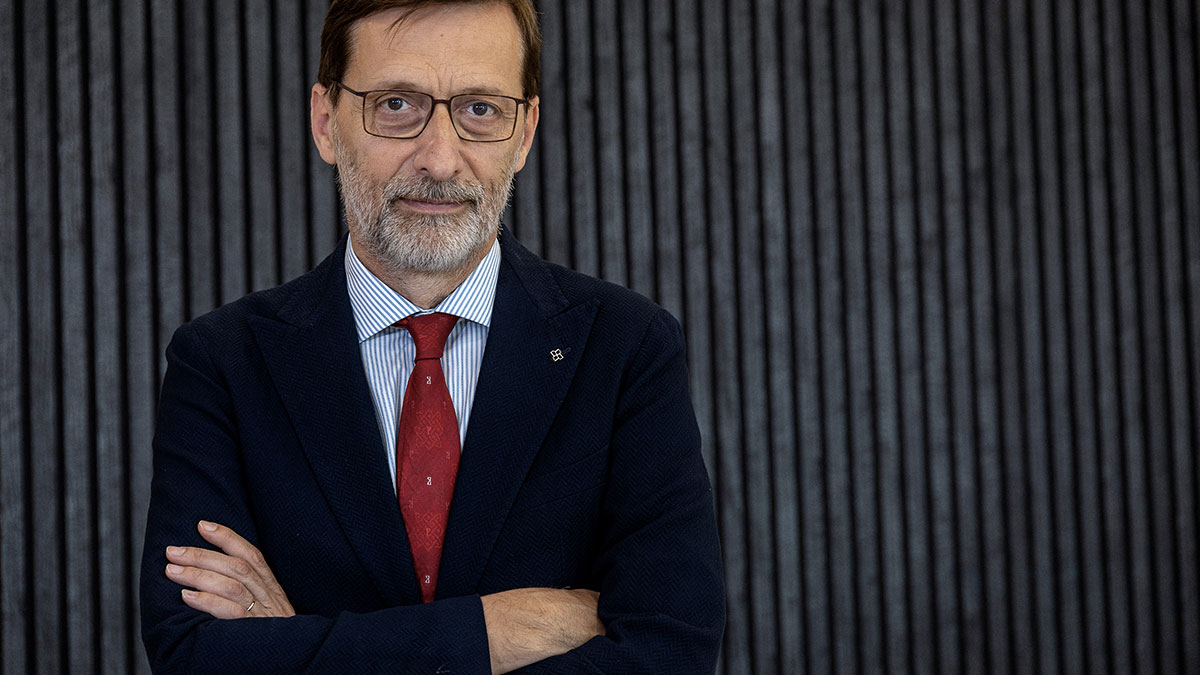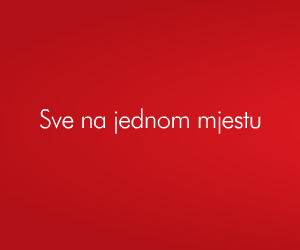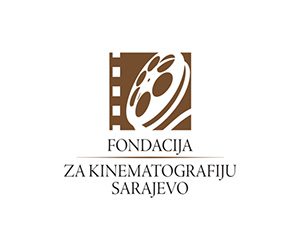
10/10/2025
I am presenting a historical spectacle about Zrinski and Frankopan in Široki Brijeg
Renowned Croatian playwright and author Miro Gavran is coming to the 26th Mediterranean Film Festival to present his historical film epic project “The Conspirators.” The story is based on a play he wrote in 1983, which explores the final night of Petar Zrinski and Fran Krsto Frankopan before their execution in Wiener Neustadt. Today, however, this historical event is being reimagined in a much more complex form as a film screenplay, developed in collaboration with acclaimed director Bobby Grubić. Gavran emphasizes that it is scandalous that no major feature film has yet been made about the fate of Zrinski and Frankopan — two noblemen of immense importance to Croatian history, who lost everything for their beliefs. In the interview, Gavran reflects on the journey from stage play to screenplay, revealing how he expanded and deepened the narrative to create a compelling historical spectacle.
Mr. Gavran, you’re coming to the Mediterranean Film Festival to present the project for your historical film epic “The Conspirators.” What was the journey like — from the stage play you wrote at the age of 22 to today’s film screenplay?
Back in 1983, when I wrote the short play “The Conspirators,” which focuses on the final night of Zrinski and Frankopan before their execution in a prison in Wiener Neustadt, I could never have imagined that I would return to the same subject four decades later, this time in the much more complex form of a film screenplay. My collaboration on the short feature film “Solitude,” directed by the brilliant filmmaker Bobby Grubić, who lives in the United States, led the two of us to want to continue working together on a feature film. We were both drawn to the topic of the Zrinski-Frankopan conspiracy — a turning point in Croatian history, filled with drama, sacrifice, and national significance.
You mentioned that the film screenplay is significantly more complex than the original play. Could you explain how you expanded and deepened the story to make it work as a large-scale historical spectacle?
My theater play has an intimate atmosphere and features only two characters. But since Bobby and I both realized that a compelling, two-hour historical epic requires a much broader scope, we decided to begin the story seven years before their execution — with the great Battle of Saint Gotthard, where united European Christian forces, including around two thousand Croats, clashed with a vastly superior Ottoman army and claimed victory.The film now includes not only Zrinski and Frankopan, but also about fifty other characters, allowing us to portray a broader context of historical events and emotional human destinies that lead to the Croatian-Hungarian conspiracy and the attempt to win freedom and escape the political pressure from Vienna. A good film should resemble a rich, layered novel, in which multiple narrative streams — small yet compelling personal stories and fates — intertwine and flow into the main plot. And that central story must carry a sense of destiny and significance powerful enough to fully engage the viewer’s attention.
In writing the screenplay, how much did you rely on historical sources, and how much artistic freedom did you allow yourself in shaping the characters and their relationships?
Having already written several novels and plays about historical and biographical figures, I’ve learned that the best approach is to thoroughly study all available sources first — and only then allow yourself the artistic freedom that is essential when creating compelling characters.
You have often compared dramatic freedom to Shakespeare and Hamlet. Where do you draw the line between historical accuracy and artistic interpretation in The Conspirators?
That’s right, I have mentioned that the historical Prince Hamlet and Shakespeare’s character Hamlet from the play have very little in common. We don’t judge Shakespeare by how faithfully he followed historical records or biographical facts, but by how convincingly he built the character we now know as Hamlet.History and historical figures serve merely as inspiration for authors to create an authentic protagonist — one who is given thoughts and emotions by the writer. Of course, when it comes to Petar Zrinski and Fran Krsto Frankopan, figures of great importance to the Croatian people, it would be risky and irresponsible to disregard historical and biographical facts entirely.
The storyline of the film stretches from the Battle of Saint Gotthard, through Vienna and Venice, to the castles of the Zrinski and Frankopan families in Čakovec and along the Adriatic coast. How important are these settings and locations in creating the film’s atmosphere, and how much can they contribute to the story’s authenticity?
In historical films, authentic locations and the shifting of different settings are incredibly important. A film needs not only narrative momentum, but also visual dynamism.
The figures of Zrinski and Frankopan have inspired many Croatian writers, painters, and sculptors throughout history. Is it surprising that no major feature film about their fate has been made until now?
It’s not just surprising, it’s scandalous. If the English had two such figures in their history, two noblemen who communicated with many crowned heads of Europe and were among the wealthiest of their time, there would already be several films and series about them.
The film will be directed by Bobby B. Grubić, a multiple Emmy Award winner and a member of this year’s festival jury. How did your collaboration begin, and what made you decide to entrust him with directing this project?
Three years ago, a film director from Germany reached out, she wanted to make a film based on one of my novels… and that’s how Bobby and I met. When he later directed a beautiful twenty-minute film based on my story In the Embrace of the River, which both of us, as well as the audience, were very pleased with, it felt only natural to continue our collaboration, this time on a far more ambitious and demanding project.
A strong cast is essential to the success of any film. Can you reveal who has been cast in the main roles?
In the teaser scenes we filmed last year, Goran Grkić plays Zrinski, Bojana Grgić portrays his wife Katarina, Jakov Gavran plays Frankopan, and Matea Marušić takes on the role of his wife Julija. There are about ten more major roles and around forty smaller ones, which will be determined later through auditions.
To what extent do you believe that Croatian, and also international, audiences can relate to the universal themes in the story of Zrinski and Frankopan, two men who lost everything for their beliefs?
A story about the fight for freedom and the longing of a small nation to take control of its own destiny will resonate with people all over the world. On top of that, the film will include a wealth of emotionally relatable situations, between men and women, and within families, that audiences will easily connect with.
Can a film like “The Conspirators” also tell a contemporary story of resistance, honor, and ideals that transcends national borders?
Bobby and I firmly believe that it can… that belief is what truly drives us in this demanding project.
This is your first time as a guest at the Mediterranean Film Festival. How important is it for you to present such an important project at a festival that connects film, culture, and international collaboration?
It means a lot to me because this is a well-respected festival. It also means a great deal that the festival takes place in the city of the great Fra Didak Buntić, about whom I wrote the novel Several Birds and One Sky. Additionally, Široki Brijeg is home to one of the most active branches of Matica hrvatska, with whom I’ve had excellent cooperation over the years. I come to Široki Brijeg with great respect and pleasure.


